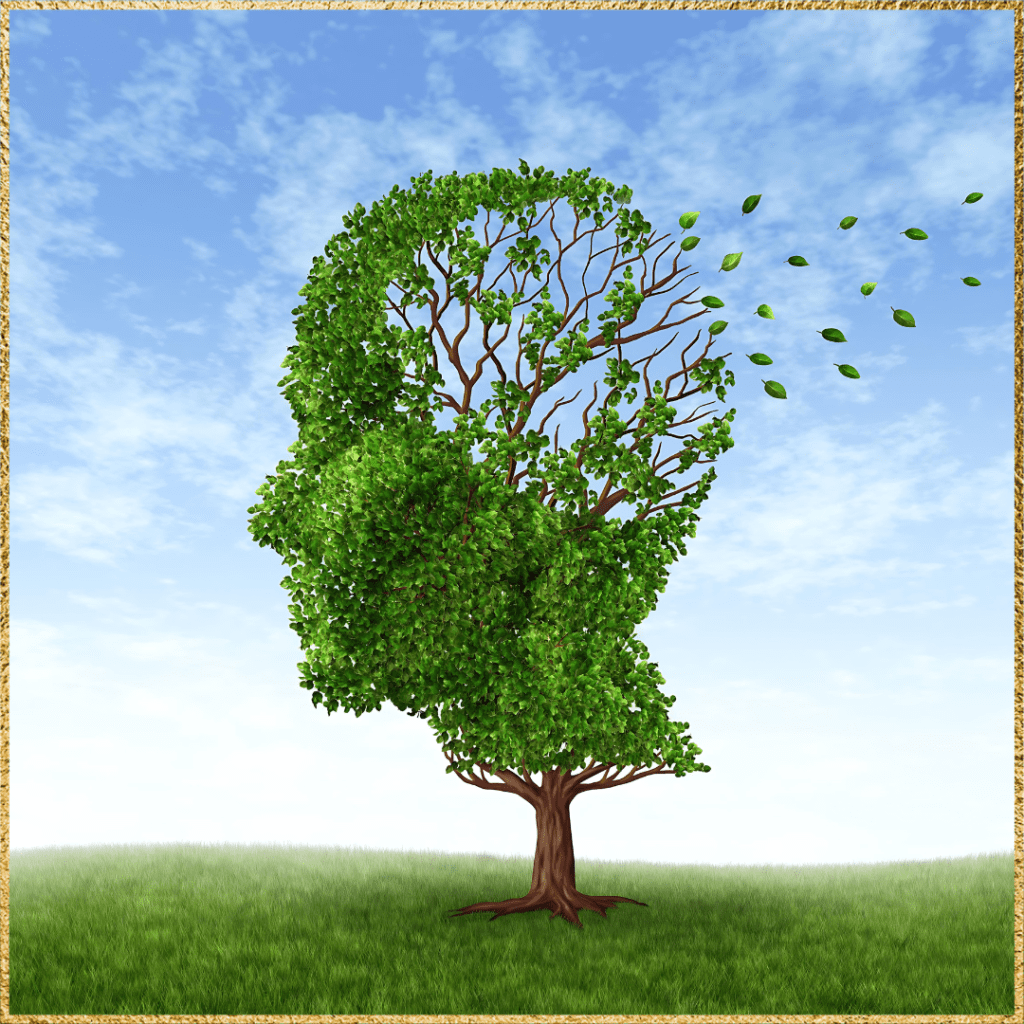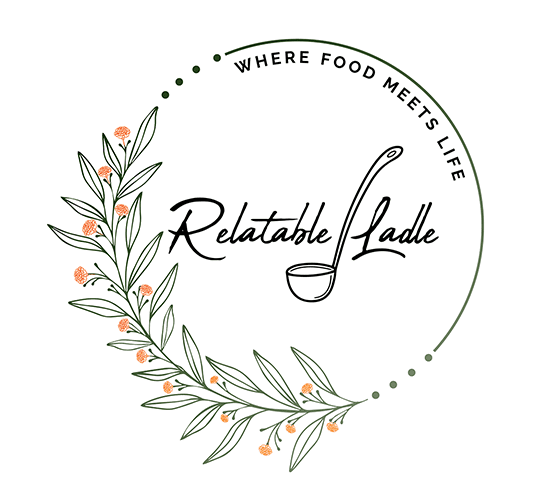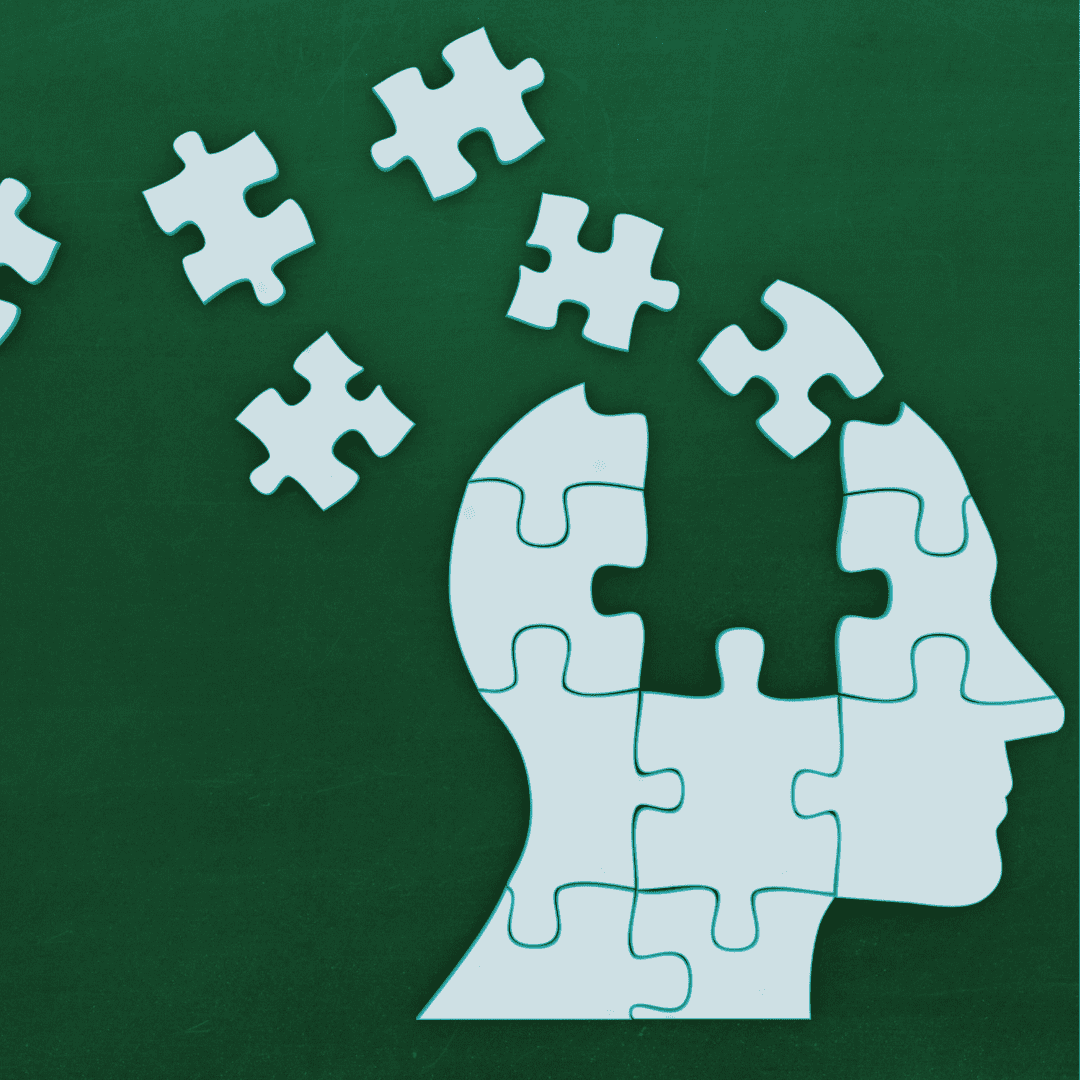Signs of repressed childhood trauma in adults can be subtle or abrupt and obvious and have long-term consequences. If you ask Adam about his childhood, he remembers very little of his upbringing.
He can only remember what I call the “highlight reel.” The highlight reel represents all the moments his narcissistic parents shined and were often told at each family gathering.
Adam often struggles – he feels that knowing exactly when and how he might have experienced trauma would help him accept why he has depression and anxiety. But Adam didn’t need to know the details of the past to see that he was traumatized by some experience. All he had to do was look at his present-day reactions and functioning. Read on to find out the signs of repressed childhood trauma in adults.
As for my experiences, I had repressed memories of sexual abuse as a child that I did not uncover until my mid-twenties. Somehow, looking at how the light filtered through the blinds in my bedroom, a mundane moment triggered my memory recall.
Until then, I was unusually anxious around men compared to my friends, and I did not feel comfortable on dates or even in conversation. For the longest time, I couldn’t understand why, but when that memory resurfaced, it all made sense. I could move forward with healing.
Introduction to Repressed Childhood Trauma
Repressed childhood trauma is a psychological phenomenon where the brain masks painful memories as a coping mechanism. This mechanism is similar to dissociative amnesia, according to Psychology Today, where individuals have difficulty recalling specific moments from their youth.
While it’s a short-term solution for a defense mechanism, it has long-term consequences for mental health awareness. Anxiety, attachment issues, and emotional shifts are hallmarks of trauma.
With the prevalence of trauma in childhood experiences, including abuse and neglect, the need for awareness and intervention is urgent. By acknowledging and treating repressed trauma, the individual can engage in relationships more fully and manage stressful situations with resilience.

Signs of Repressed Childhood Trauma in Adults
Repressed memories can lurk in the corners of the adult psyche, manifesting through a labyrinth of signs that call for meticulous scrutiny. Knowledge of these indicators is pivotal to understanding the profound impact adverse childhood experiences, dissociative amnesia, and other coping mechanisms have on one’s life.
- Strong Unexplained Reactions: Have you ever been suddenly gripped by intense emotional or physical reactions in the presence of something benign, and you couldn’t understand why? Feeling a rush of inexplicable anxiety or distress around a particular scent or the sound of a voice can involuntarily signify dissociative amnesia linked to past trauma.
- Unease in Certain Places, People, or Activities: The discomfort is deeply rooted in the brain’s coping mechanisms to prevent re-experiencing the pain. It can range from a sense of apprehension to visceral, overwhelming panic.
- Anxiety, Depression, and Mood Swings:Anxiety, depression, and mood swings are not uncommon for individuals without repressed memories, but when they begin to impact daily life (especially anxiety) significantly or are persistent, there may be unresolved pain and potentially underlying trauma. These emotional fluctuations could be coping mechanisms developed during childhood to handle stress or emotional shifts that no longer serve the adult.
- Dissociation or Feeling Detached: Individuals may feel disconnected from their body or surroundings. Dissociation is a defense mechanism against overwhelming emotions.
- Difficulty with Relationships: Trauma can cause challenges in forming or maintaining healthy relationships and may cause an individual to experience a fear of intimacy, trust issues, or a pattern of tumultuous relationships.
- Impulsive or Self-Destructive Behavior: Risky or self-destructive actions, such as substance abuse or reckless behavior, can be poor coping mechanisms in response to deep emotional pain.
- Low Self-Esteem and Self-Worth: Persistent feelings of inadequacy, guilt, or shame can indicate that self-worth was compromised from childhood trauma.
- Nightmares or Sleep Disturbances: Disruptive sleep patterns, insomnia, nightmares, or night terrors may be indicative of trauma.
- Consistent Exhaustion and Physical Symptoms: Struggling with a sense of profound fatigue may not be unusual for most adults, but if this condition extends to a consistent, profound emotional drain, it could be a sign of repressed or unresolved trauma. Overwhelming exhaustion and a feeling of insurmountable stress towards mundane activities can result from the body’s constant battle with unseen forces from the past.
- Handling Stressful Situations: Struggling to cope in everyday stressful situations might signal that your brain is grappling with repressed memories.
Trauma-Informed Therapy: A Path to Healing
Recognizing the signs of repressed childhood trauma in adults can pave the way to healing. Trauma-informed therapy provides a safe environment to explore the complexities of dissociative amnesia, anxiety, attachment issues, and emotional shifts.
This form of therapy focuses on the pervasive impact of trauma on an individual’s life, including their mental health awareness, emotional reactions, and coping mechanisms. Therapists employ strategies that empower individuals to cope with stress, pave the way for healthier relationships, and help create the foundation for a transformative healing process.
The Journey Forward
Arduous and overwhelming, acknowledging the signs of repressed childhood trauma in adults is necessary for a future untainted by the shadows of the past. While daunting, exploring childhood memories to uncover the root causes of distress can empower individuals to find more effective coping mechanisms and renewed resilience and clarity.
Pursuing awareness and healing can rekindle the essence of one’s being and reinstate a sense of wholeness. The individual can shed the weight of consistent exhaustion, unease, and intense emotional reactions – a bold stride toward reclaiming one’s right to happiness and inner peace.
Do You show Signs of Repressed Childhood Trauma?
You’re not alone. Please drop us a comment below. If you want to learn more about the signs of complex PTSD that can come with repressed childhood trauma, check out our article here.
Our traumas also stem from enmeshment. For more information on the different types of enmeshment, please check out the articles below:
Mother Enmeshment
Mother-Son Enmeshment
Father-Daughter Enmeshment
Enmeshed Family
Disclaimer: All content and information on this website including our recipes and blog articles is for informational and educational purposes only and does not constitute medical, psychological, or health advice (for that please always seek the help of a professional in these areas). We do not warrant that the information presented herein is free of any errors or omissions although we do our best to provide information backed by research.

